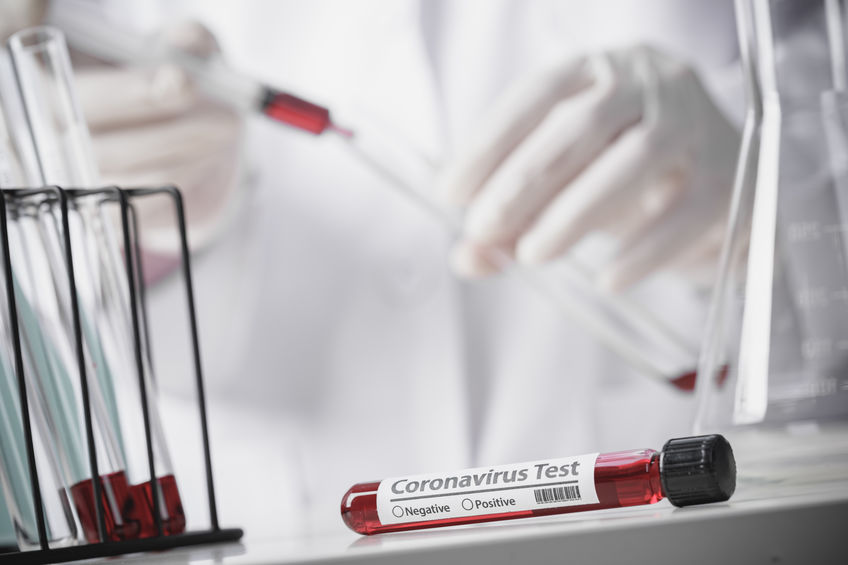SARV-CoV-2: Testing and genomic sequencing in pandemics
COVID-19 cast a renewed spotlight on the vulnerability of humankind. This pandemic affected all people across all nations on all levels. A highly transmissible pathogen literally hobbled economies, healthcare systems, and daily activities. The World Health Organisation acknowledged the debilitating results sewn by the disease, but also emphasised the advances made by science in the fields of diagnostic testing and vaccine development.
Genomic sequencing inarguably enabled specialists to identify the characteristics of SARS-CoV-2. This knowledge aided the speedy development of diagnostics and the production of vaccines.
Genomic sequencing
Genomic sequencing is a method used to decipher the order of DNA nucleotides. These nucleotides contain the essential information on how organisms are formed and function.
Compared to a human genome, which consists of more than three billion nucleotides, a SARS-CoV-2 genome is quite small, having approximately 30,000 bases. This allowed scientists to rapidly decode or sequence the viral genome and identify its characteristics.
Viruses change or mutate as they progress. Some genetic changes are irrelevant and do not alter the transmissibility or effects of the disease. However, other viral mutations alter how the human immune system recognises and responds to the virus. New mutations may spread faster and be resistant to symptomatic treatments and vaccines.
This decoding method also led to the identification of the emerging variants, commonly referred to as the UK, South African, and Brazilian strains of the virus. Genomic sequencing undoubtedly delivered essential information on the biology and evolution of SARS-CoV2.
The importance of global genomic sequencing
Fast, global genome sequencing is a viable answer to staying on top of this virus and developing medical control measures to counter it.
The emergence of the new variants highlighted the importance of diagnostic testing, such as the PCR analysis carried out by the chosen Matrix laboratory partner, together with continued genomic sequencing. But some countries seem to underpin the importance of genomic sequencing and diagnostics more than others.
The UK is at the forefront of testing and genomic sequencing, aiming to increase genome sequencing to 20,000 per week by the end of March 2021. The US committed itself to renew its focus and drive on genomic coding. The global commitment to this invaluable strategy is however lacking. There are developed and emerging countries that have no genome sequencing data at all.
The implementation of the vaccination rollouts invariably increases the probability of further SARV-CoV-2 mutations. Resistant mutations can nullify attempts to contain the pandemic. It is thus crucial that ongoing information is gathered to not only identify new variants but evaluate the efficacy of medical measures on existing ones.
Widespread and sufficient testing and genomic sequencing will provide up-to-date information on mutations and enable world health systems to adapt responses accordingly. This focus will not only aid the global battle against COVID-19 but will also help to rapidly address emerging and re-emerging infections.
Matrix Diagnostics supplies and processes rapid antigen and rapid antibody testing to promote the drive for aggressive testing and genomic sequencing.

